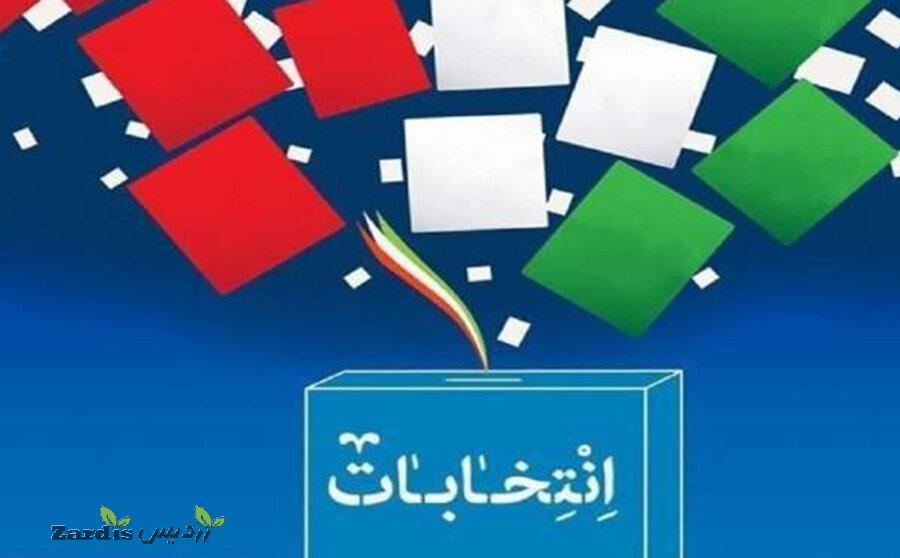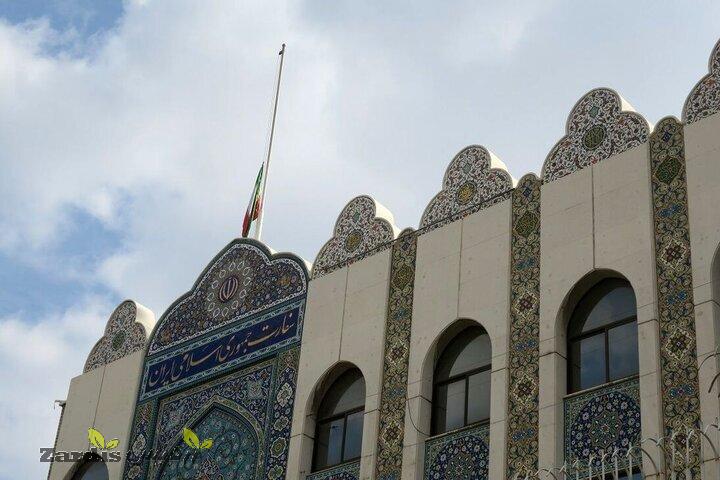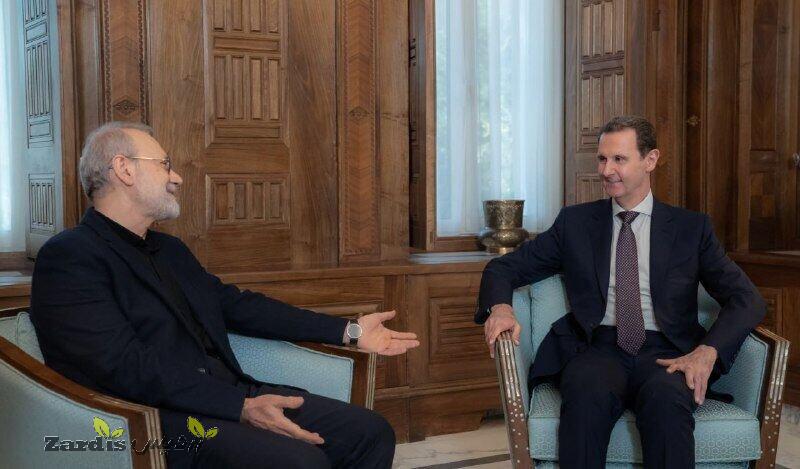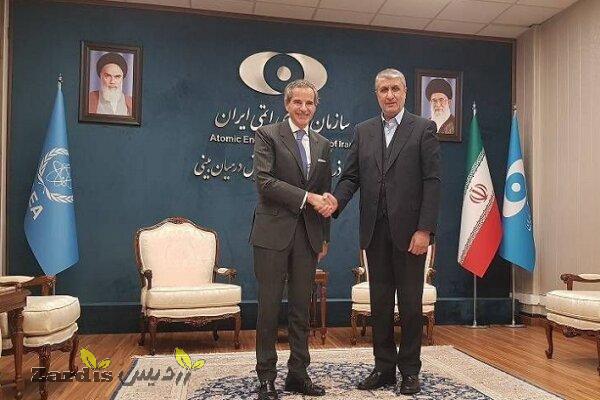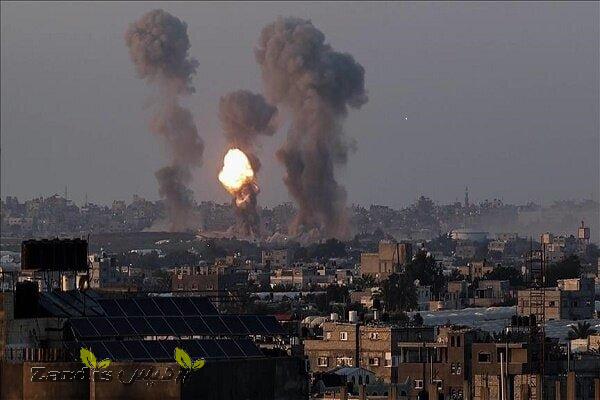The 12th Parliamentary Elections and 6th Assembly of Experts Elections will be held in Iran on March 1, 2024.
Republic and Islam are two pillars of Iran’s Constitution. The two aspects give legitimacy to the Iranian political system.
The most important difference between this Constitution and the Constitution of other countries is the presence of Islam in it.
Iran’s Constitution enjoys two features addressing its form and content.
The form is about being a republic and touches on the role of people in the system and their votes in all crucial decisions of the country.
The content refers to being Islamic meaning all rules and regulations must follow Islam.
The content of Iran’s Constitution is one of its distinctive features among other Constitutions worldwide.
An Islamic republic system can be truly Islamic when the following principles are achieved:
Accepting the governance of Allah in all aspects, passing laws and regulations under the Islamic teachings, “considering justice, and reviving Islamic values”, admitting Welayah (governance) and Imamate, and assigning positions according to scientific and moral superiorities.
The Islamic Republic of Iran also stresses the importance of people’s participation and their involvement in various fields under the overall umbrella of the Republic.
According to article 56 of the Iranian Constitution, “absolute sovereignty over the world and man belongs to God, and it is He Who has made man master of his own social destiny.”
“No one can deprive man of this divine right, nor subordinate it to the vested interests of a particular individual or group,” the article read.
The sixth article of the Constitution emphasizes that in the Islamic Republic of Iran, the administration of the country’s affairs relies on public opinion.
Other articles also attach special importance to the significance of elections in the Iranian system. This underlines the role of a republic in the country’s politico-legal system.
Article 6 says “In the Islamic Republic of Iran, the affairs of the country must be administered on the basis of public opinion expressed by the means of elections, including the election of the President, the representatives of the Islamic Consultative Assembly, and the members of councils, or by means of referenda in matters specified in other articles of this Constitution.”
Thus, people’s participation in key decisions of the country is of paramount importance in the Iranian system.
To have a republic in a system, it is necessary to pay attention to principles such as participation, competition, prioritizing the majority vote over the minority, “monitoring and controlling power” and responsibility.
The Assembly of Experts, who are elected by people through elections, have a duty to select the leader for the Islamic Republic as per articles 107, 108, and 111 of Iran’s Constitution.
The Iranian system is composed of executive power, judicial power, and legislative power.
According to Article 72, the Islamic Consultative Assembly cannot enact laws contrary to the rules and principles of the official religion of the country or the Constitution.
It is the also duty of the Constitutional Council to determine whether a violation has occurred, in accordance with Article 96.
The cabinet, consisting of the president and ministers, is considered responsible to the parliament. The president must get a vote of confidence from the parliament for his proposed ministers to form a cabinet.
While parliament in certain circumstances can act by questioning and impeaching ministers or even proposing incompetence to lay the groundwork for the removal of the president, the president does not have the right to dissolve parliament.
The president has considerable authority to administer governmental and executive affairs.
The Leader is authorized to appoint the head of the judicial branch.
In the Iranian political system, there is an institution like The Guardian Council or the Constitutional Council, which has duties similar to the French Constitutional Council.
The Council comprises 12 men including six religious men [fuqaha’] and conscious of the present needs and the issues of the day, and six jurists, specializing in different areas of law.
The Nation’s Exigency Council is another vital institution in the Iranian system.
According to Article 112 of the Constitution, upon the order of the Leader, the Nation’s Exigency Council shall meet at any time the Constitutional Council judges find a proposed bill of the Islamic Consultative Assembly to be against the principles of Shariah or the Constitution, and the Assembly is ‘unable to meet the expectations of the Constitutional Council.
Also, the Council shall meet for consideration on any issue forwarded to it by the Leader and shall carry out any other responsibility as mentioned in this Constitution.
The permanent and changeable members of the Council shall be appointed by the Leader. The rules for the Council shall be formulated and approved by the Council members subject to the confirmation by the Leader.
- زردیس Zardis
- کد خبر 53660
- 35 بازدید
- بدون نظر
- پرینت
Zardis news | The latest news of Iran and the world
تمامی حقوق مطالب برای "Zardis news"محفوظ است و هرگونه کپی برداری بدون ذکر منبع ممنوع می باشد.
طبق ماده 12 فصل سوم قانون جرائم رایانه ای کپی برداری از قالب و محتوا پیگرد قانونی خواهد داشت.



